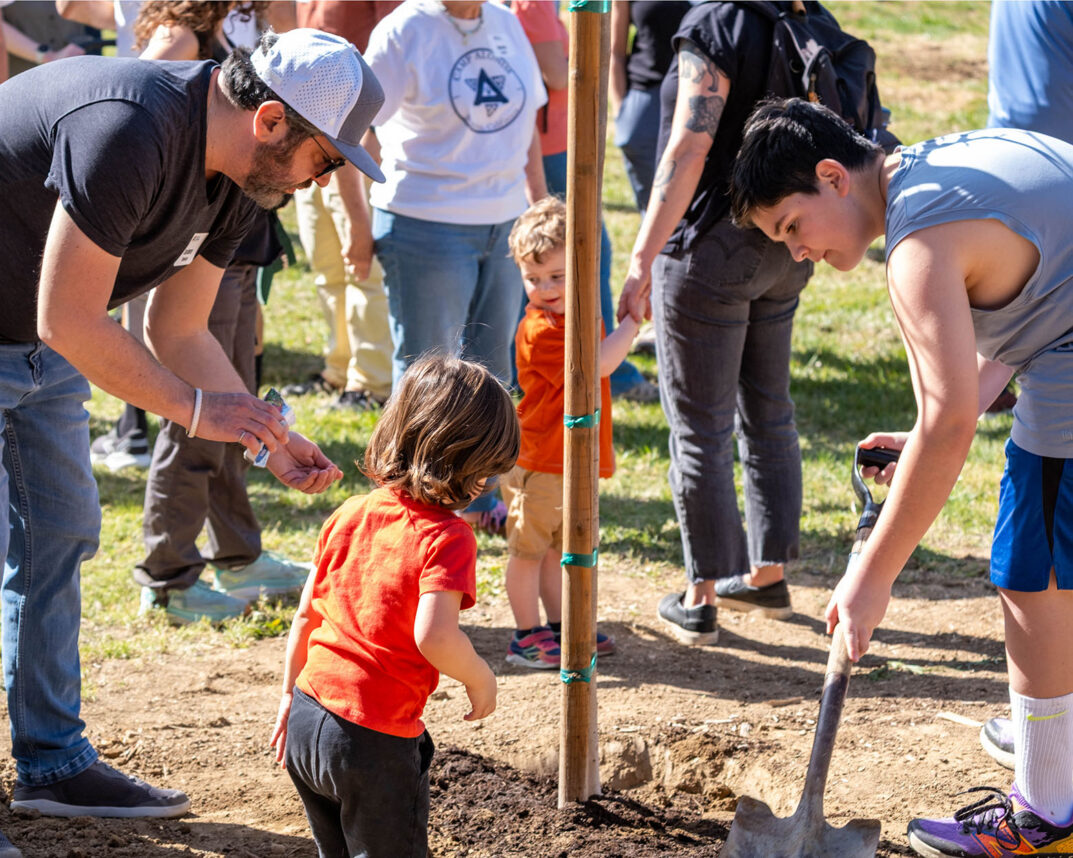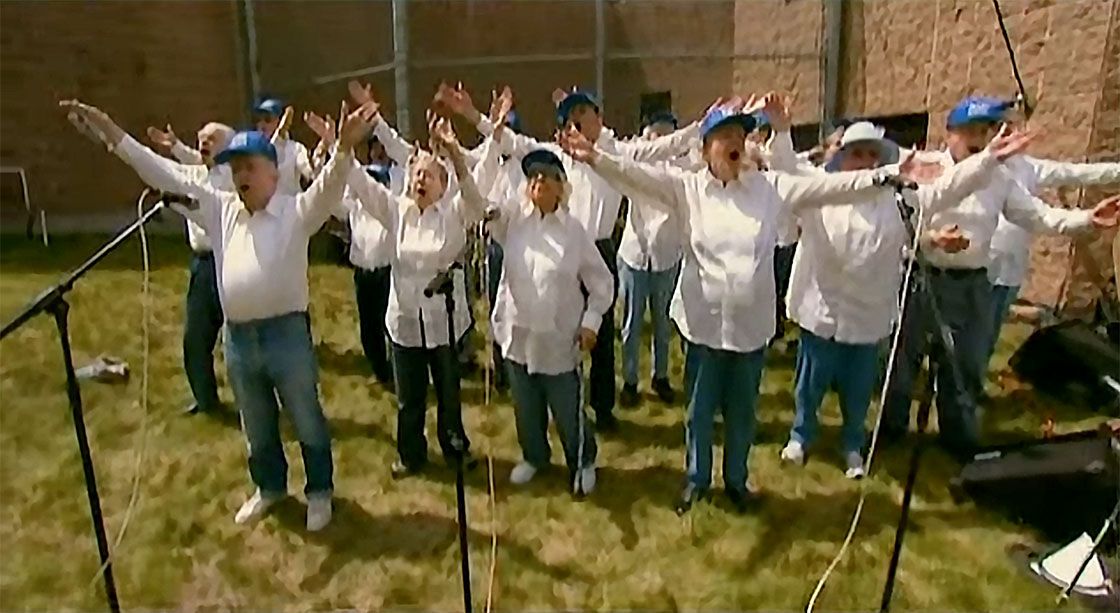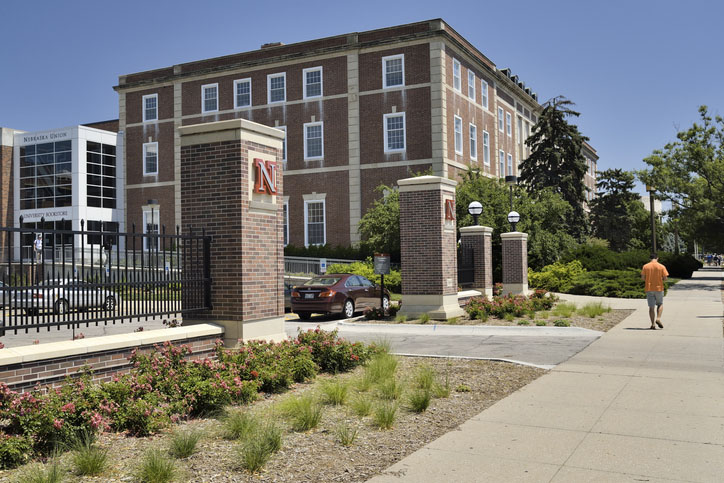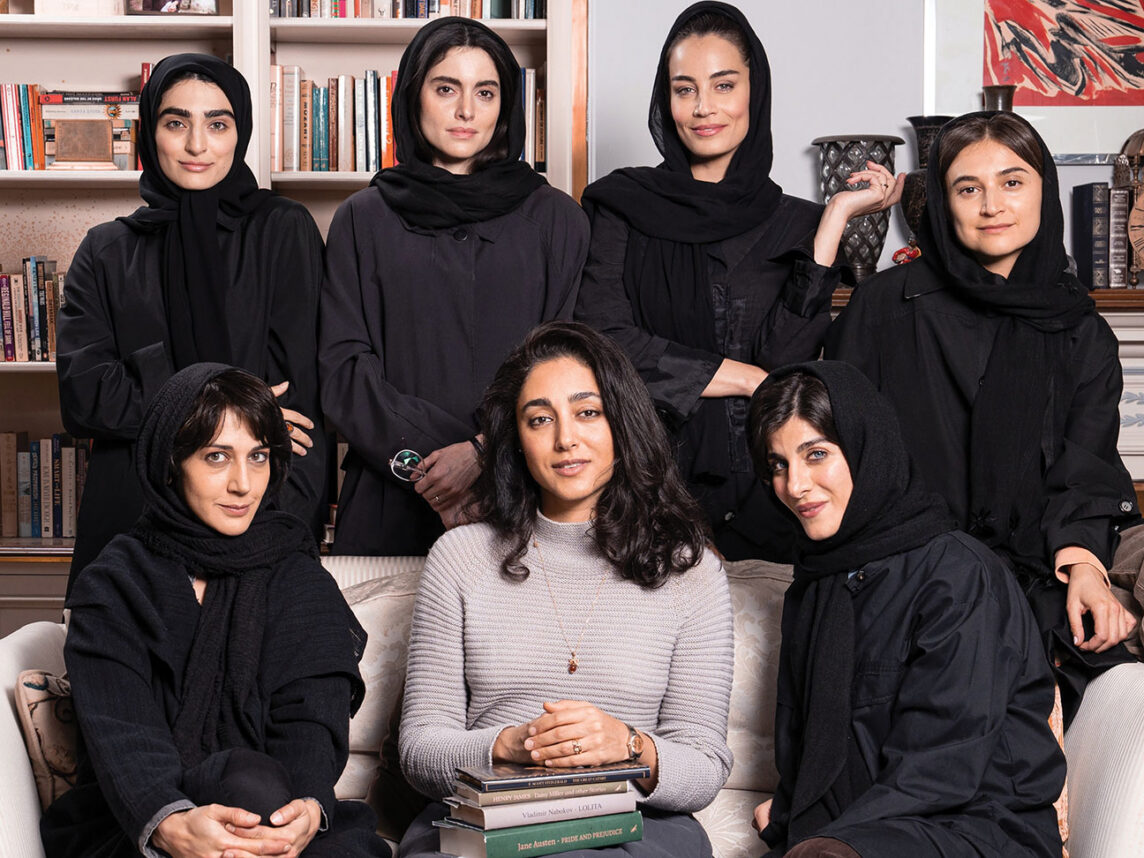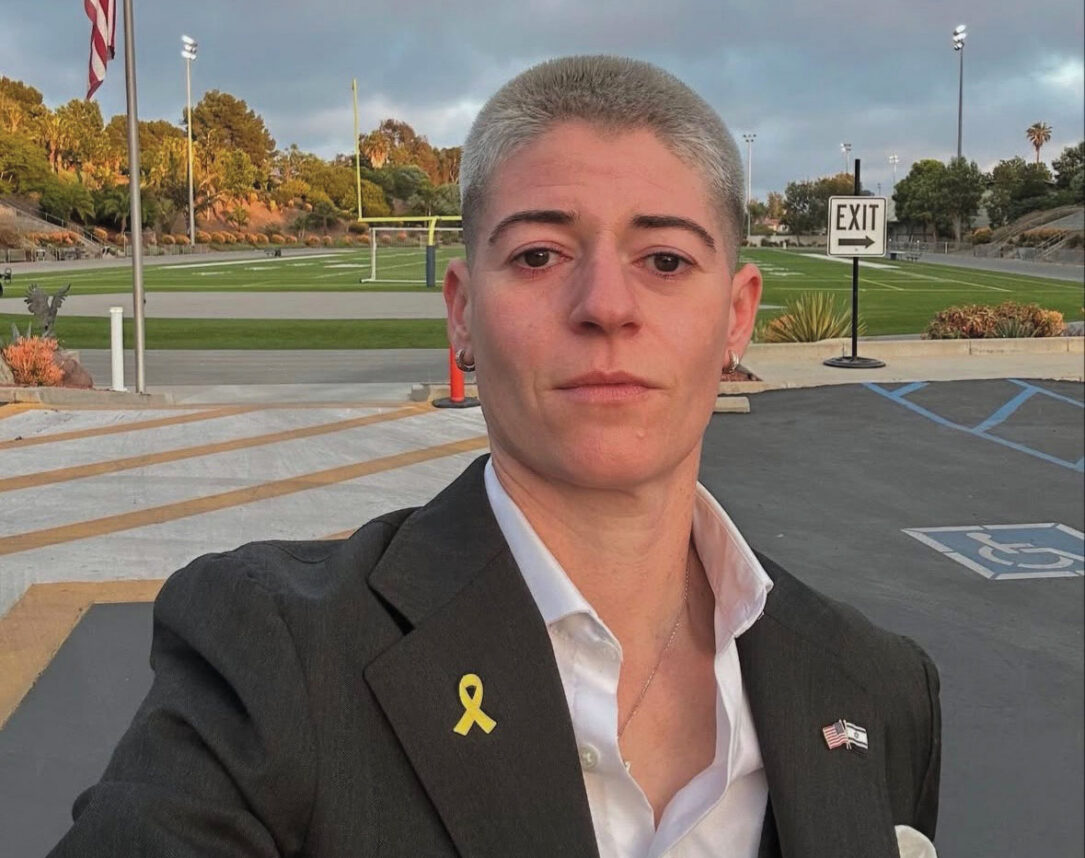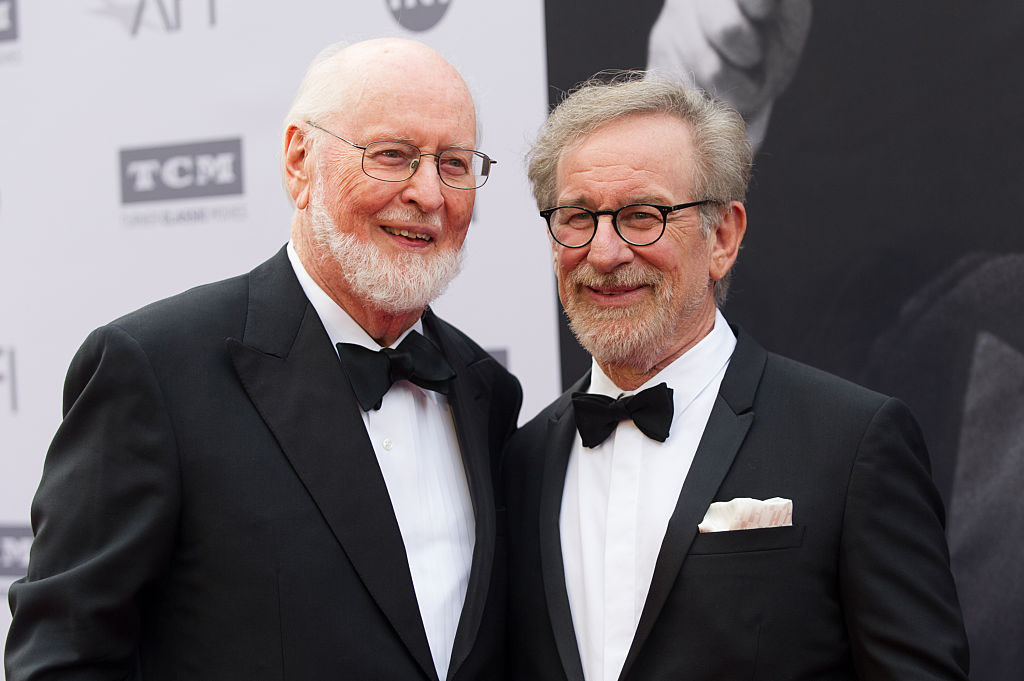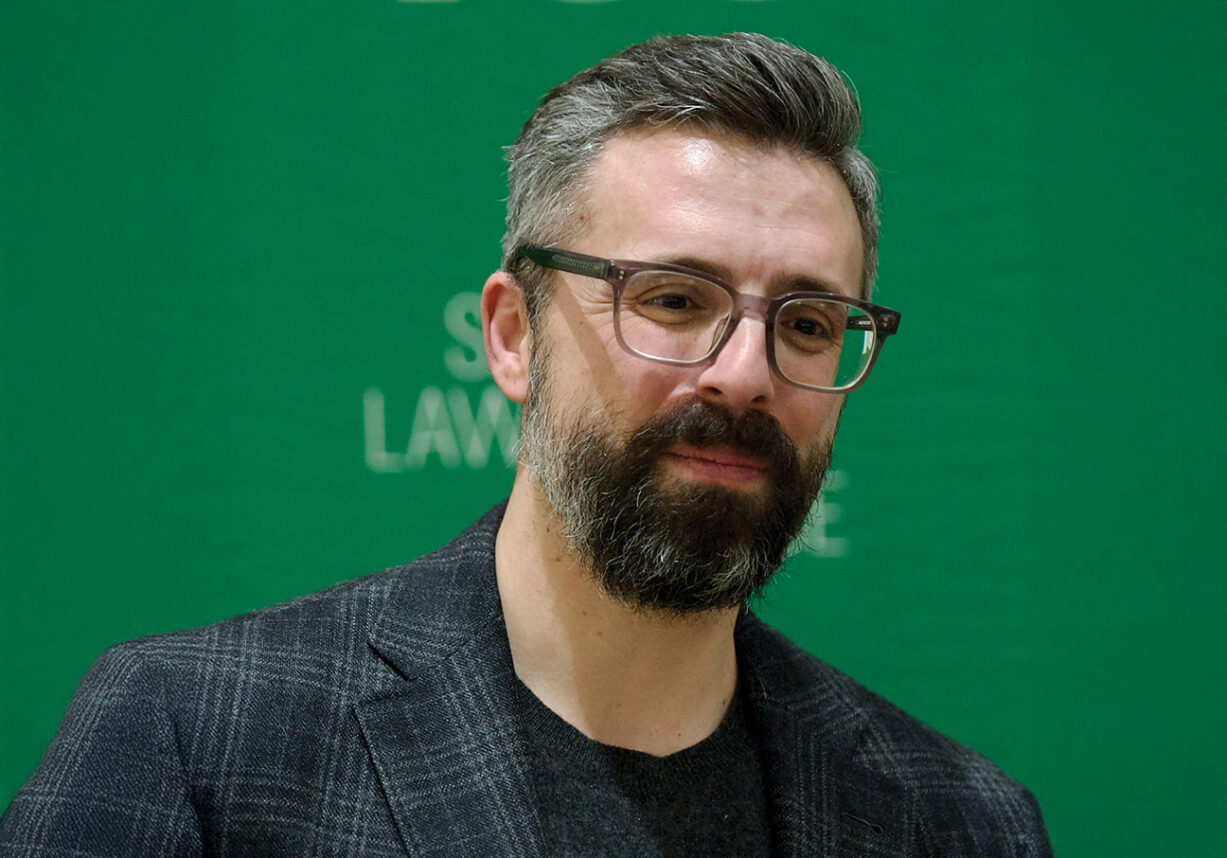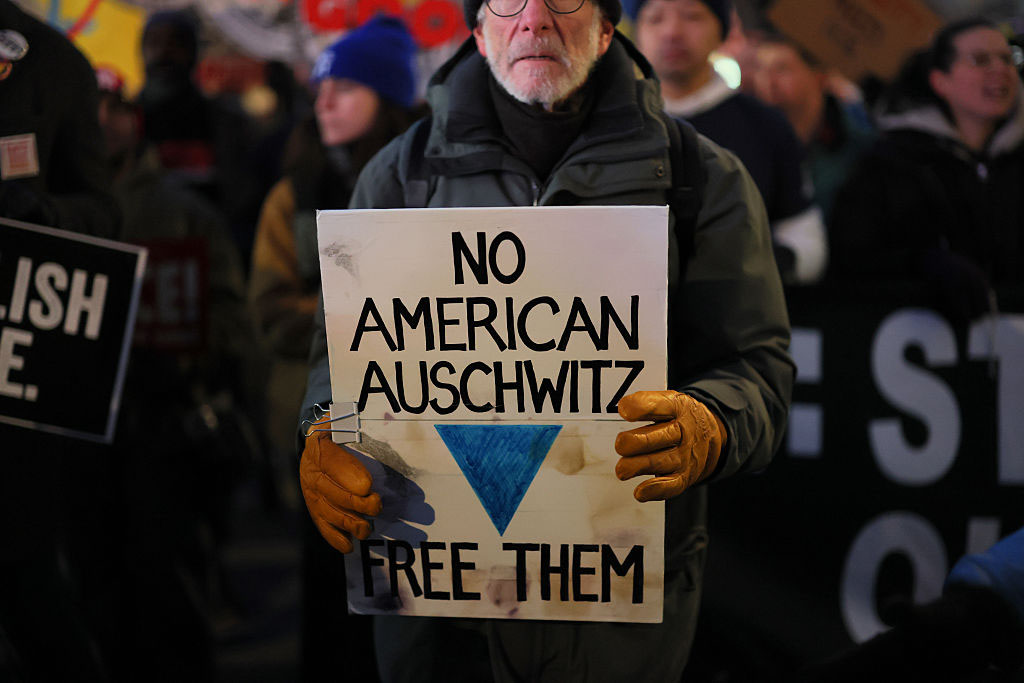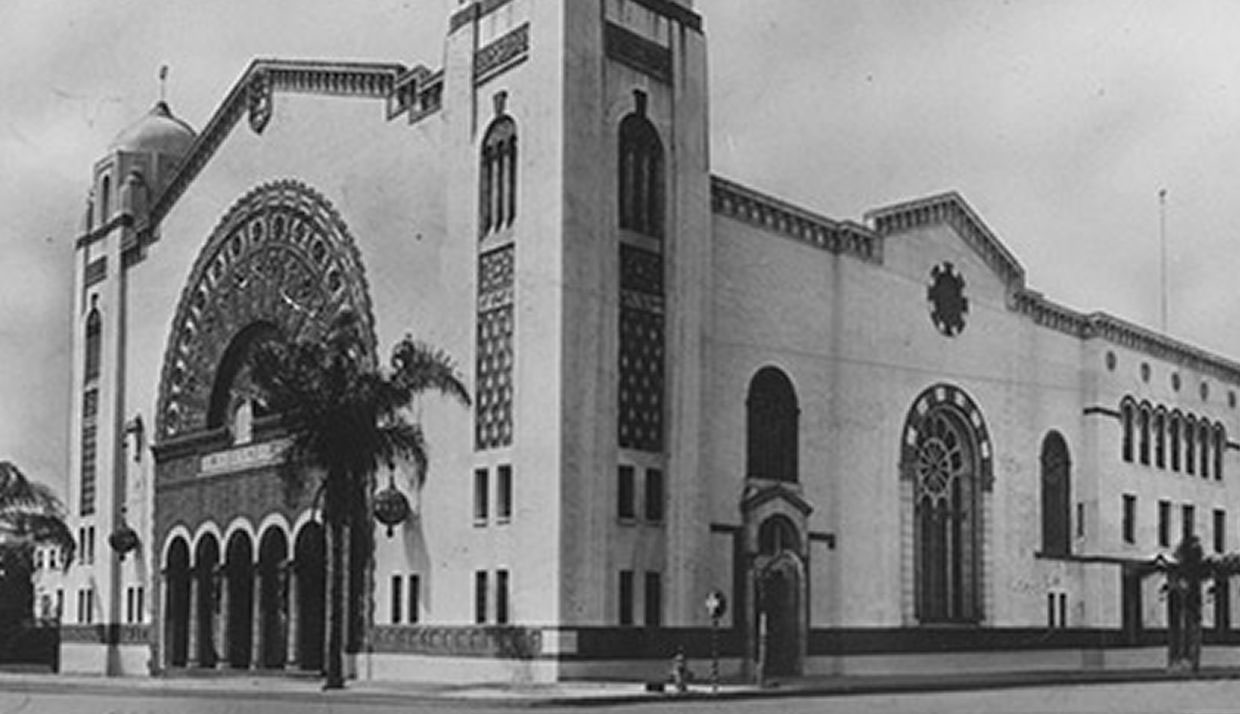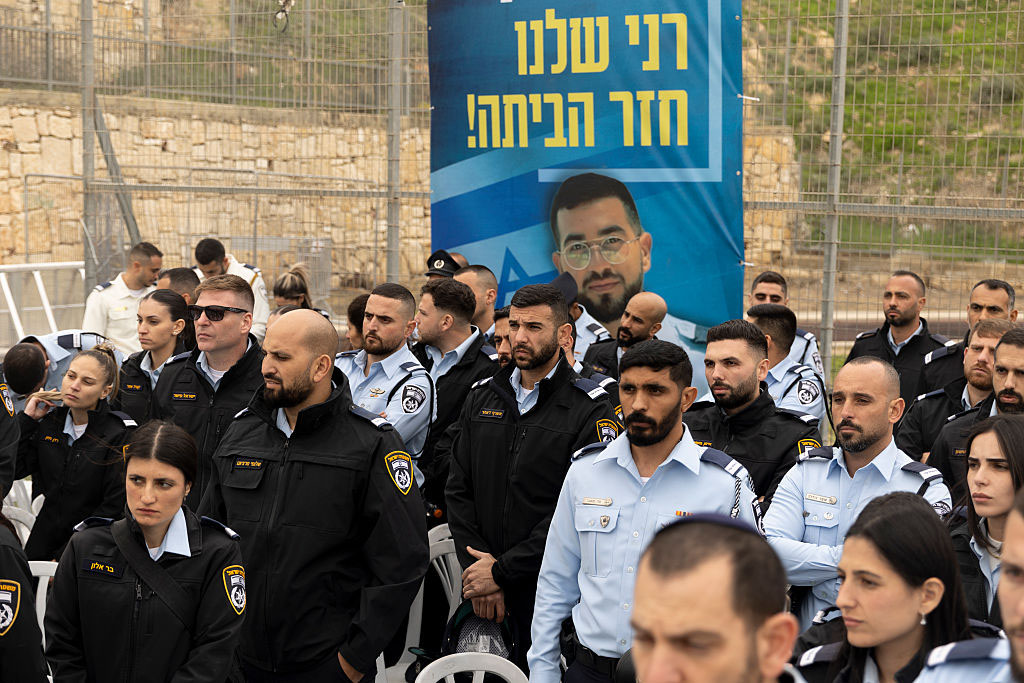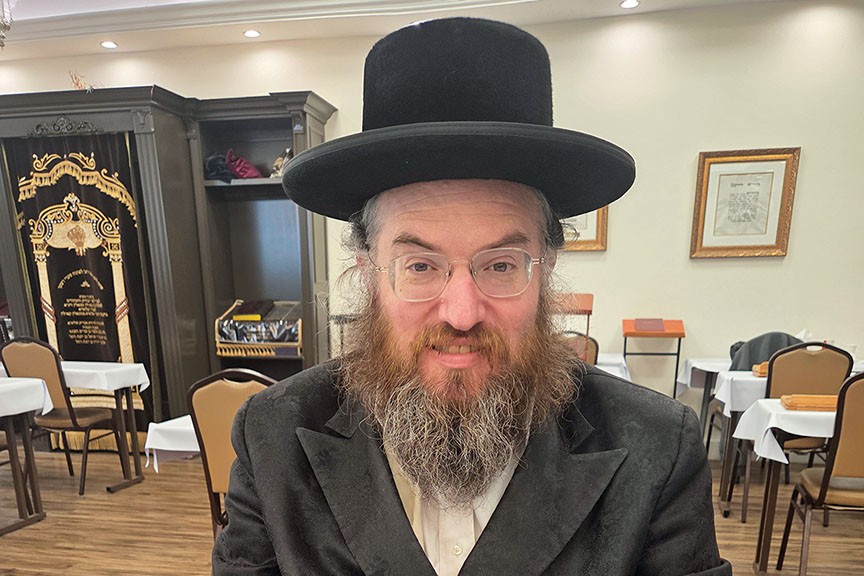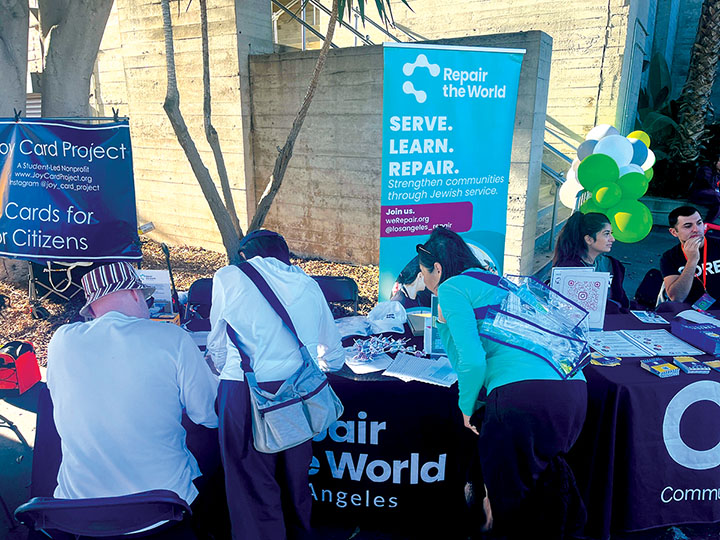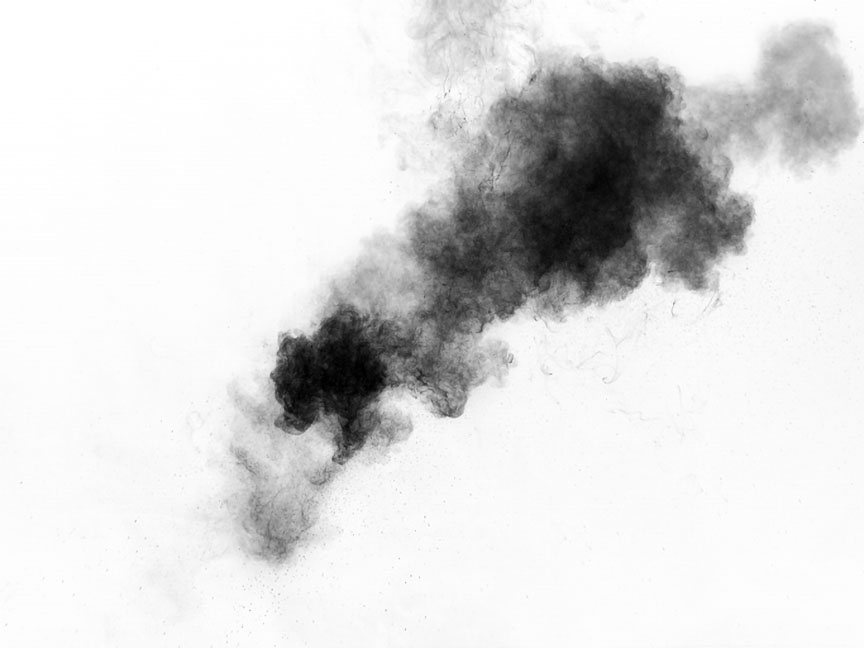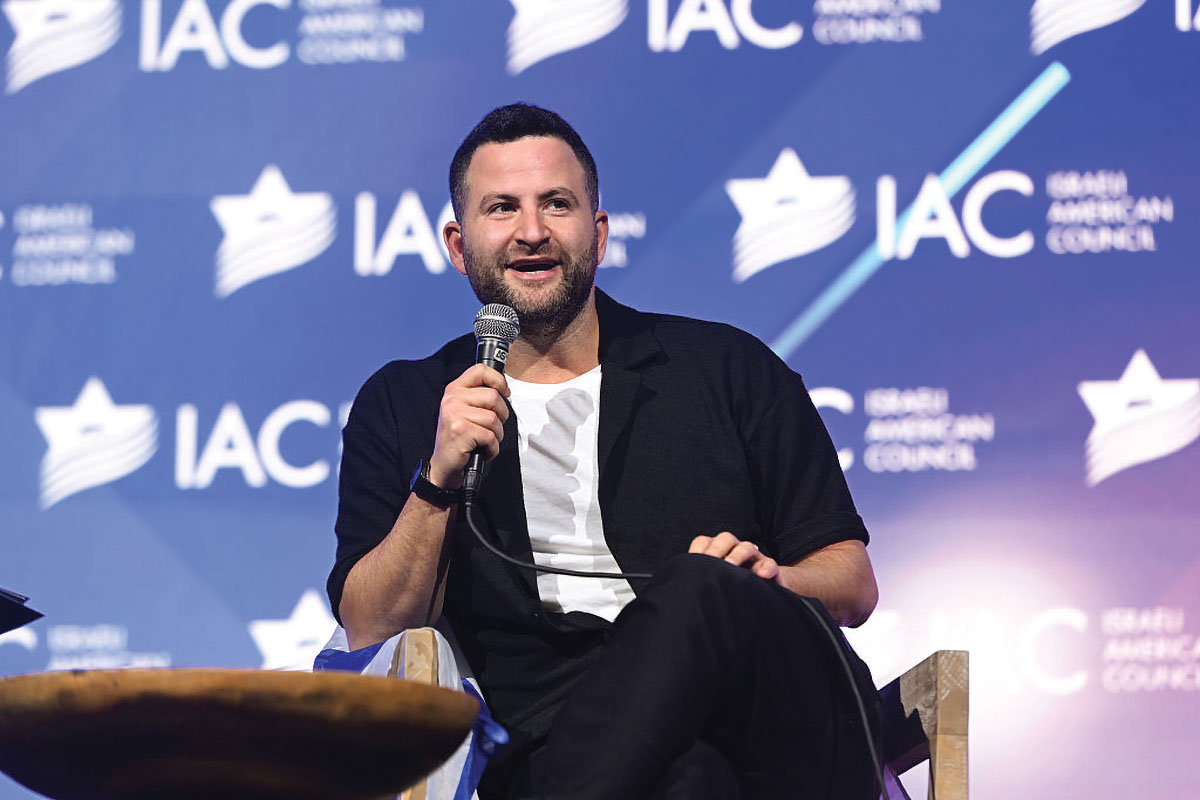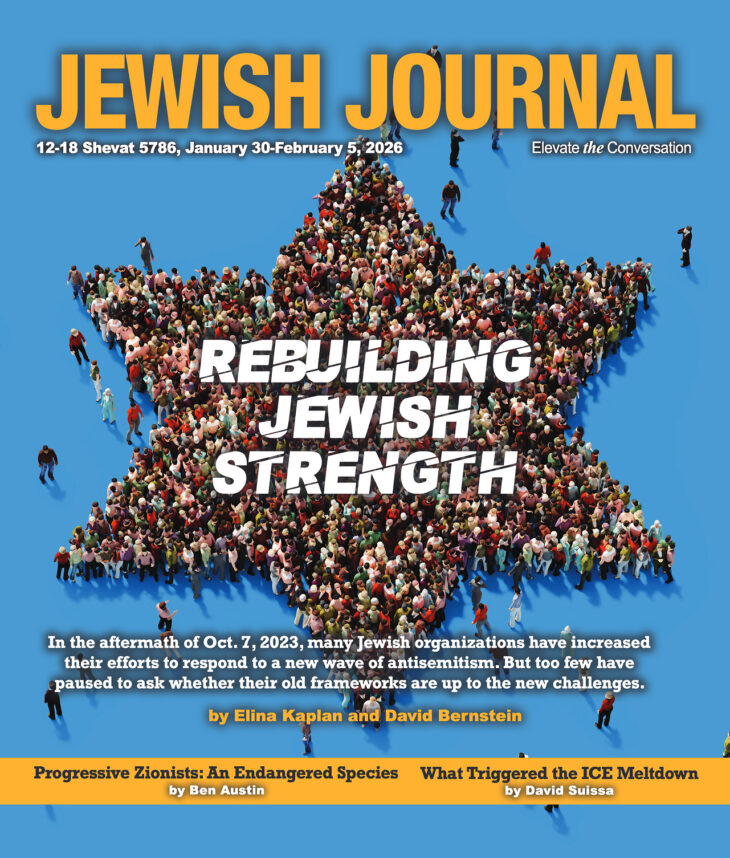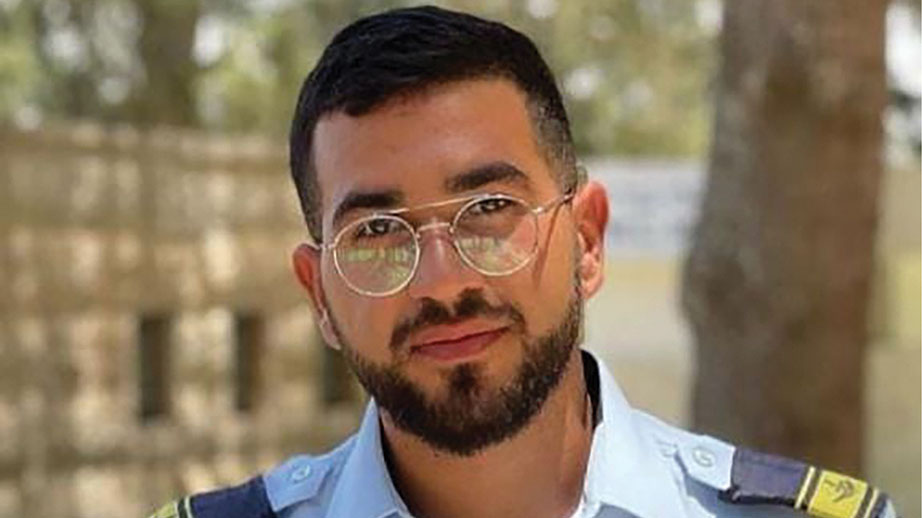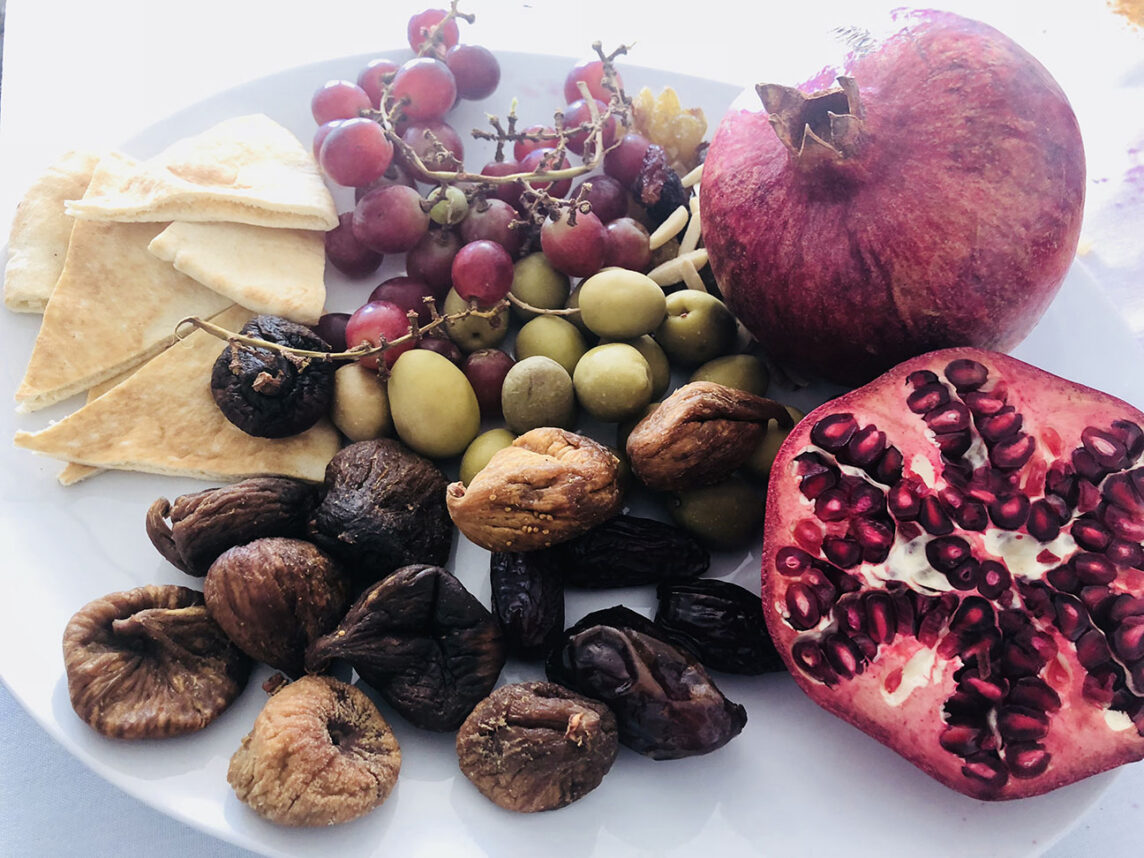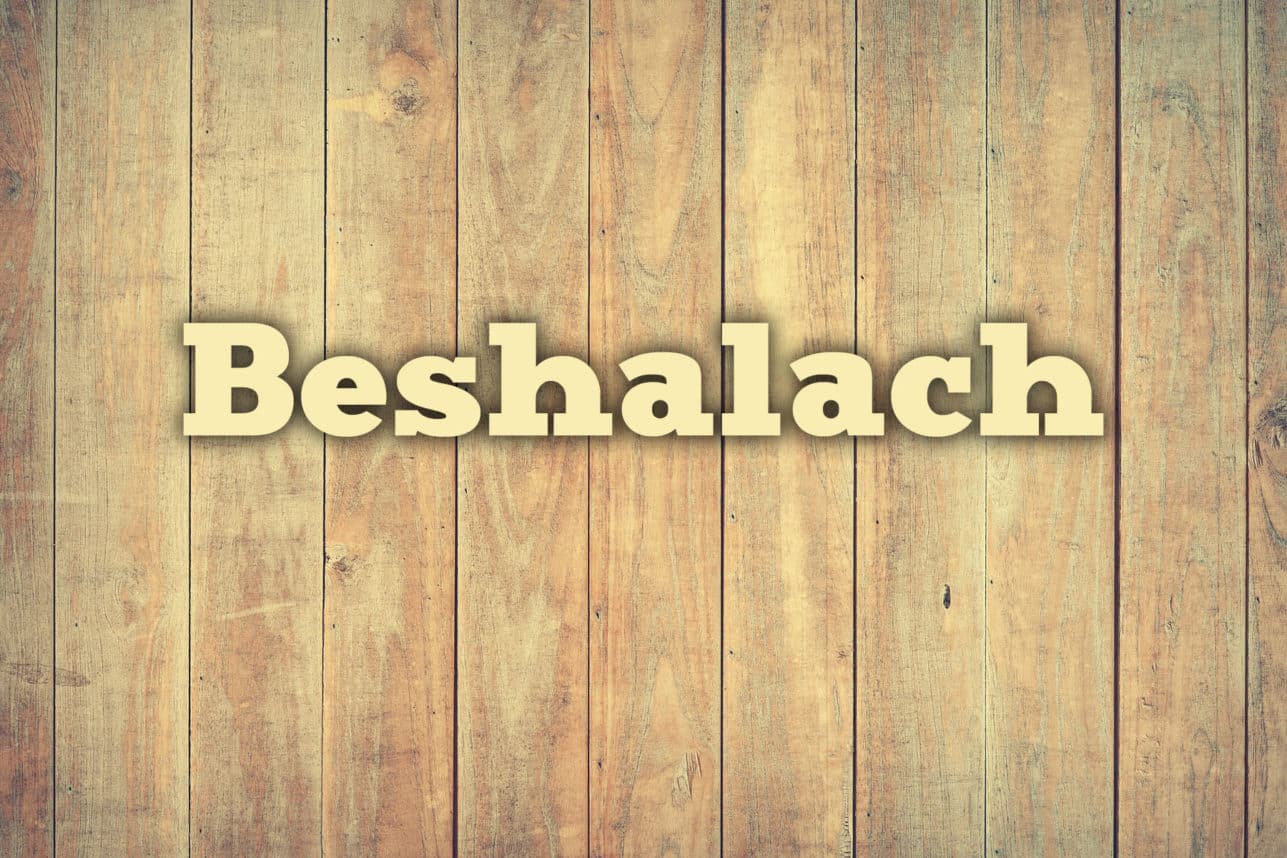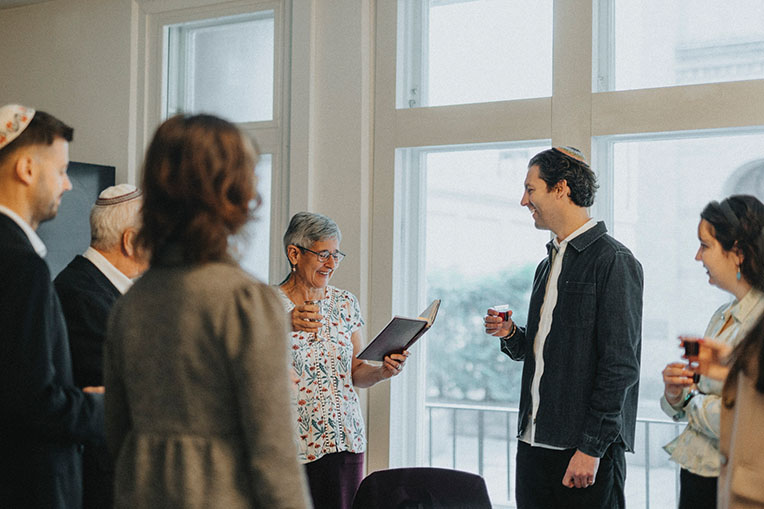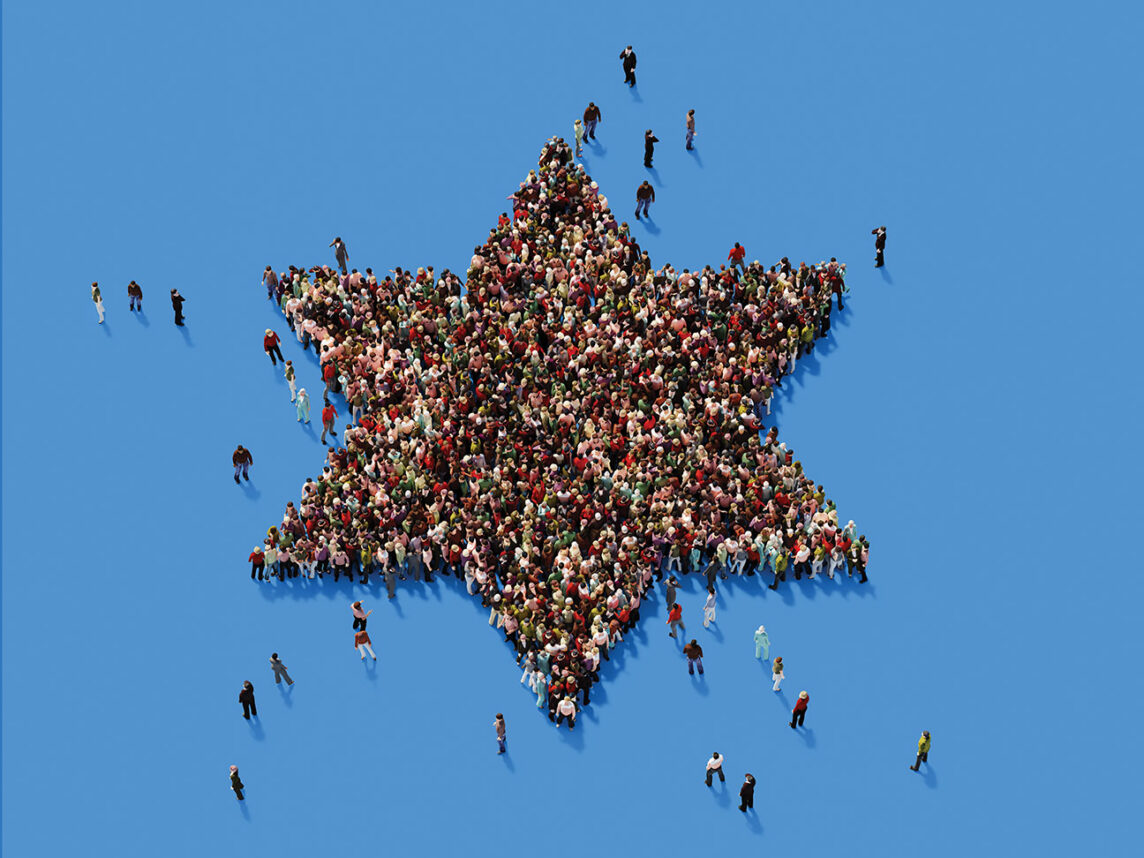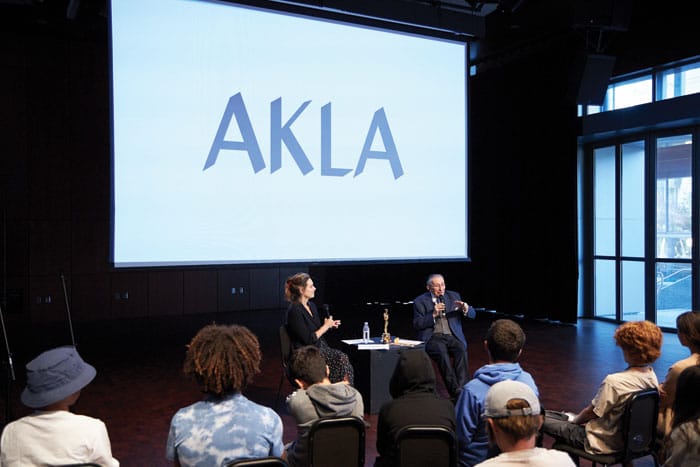
AKLA, a play on the Hebrew term for “awesome,” is a new organization for bar and bat mitzvah students intended to introduce them, face-to-face, to Jewish contributions to local and global society.
AKLA is led by Jeff Polak, president and executive director of the David and Janet Polak Foundation, which formed in 2012 to support Israel, the American Jewish community and other causes. In an interview, Polak said he “wanted to create a program that would inspire and get kids excited about what takes place in the Jewish community. I want them to understand the impact the Jewish community has on so many significant segments of our society. Most b’nai mitzvah programming I saw was more about societal issues outside of the Jewish community.”
The AKLA course spans five Sundays, and the opening round began in October. The inaugural cohort of two dozen students made five stops with an accompanying theme: Skirball Cultural Center (tech, start-up nation), Annenberg Community Beach House (security), Cedars-Sinai Medical Center (medical), Broad Stage (arts and media), and the Simon Wiesenthal Center (meeting with a Holocaust survivor).
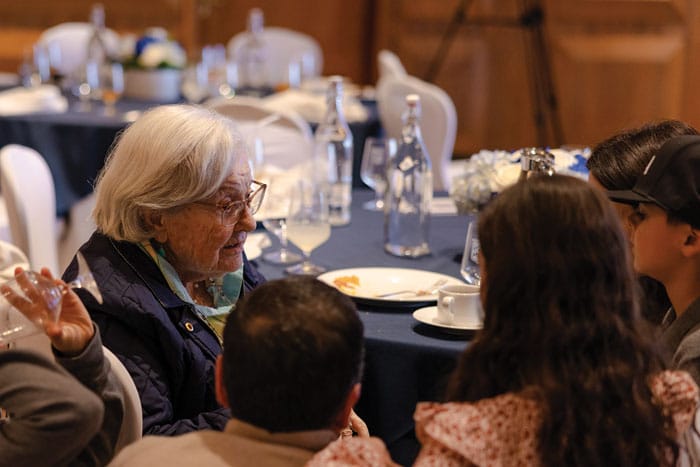
Polak’s primary goal is for the 12- and 13-year-olds to see and digest the impact Jews have on significant segments of society.
“I was excited,” Polak said, “that at this age, when kids are starting to set their own course, for them to know they can make a difference in the world by achieving in all different paths. Kids see television and they see movies. But do they understand the formation of this entire industry was developed by Jewish immigrants? That is only one of many paths that our bnai mitzvah cohorts will experience to make a difference in the world.”
AKLA advisory board members include independent producer Tonia Barber, educator Samara Hutman, Jewish Community Foundation of Los Angeles Chair Evan Schlessinger, Journal Publisher David Suissa and Rabbi Lori Shapiro. New applications are being accepted for the upcoming session, which begins Feb. 26 and continues through March 19.
For additional information, visit https://aklausa.org
Yeshiva University has launched a new mental health therapy center in Israel.
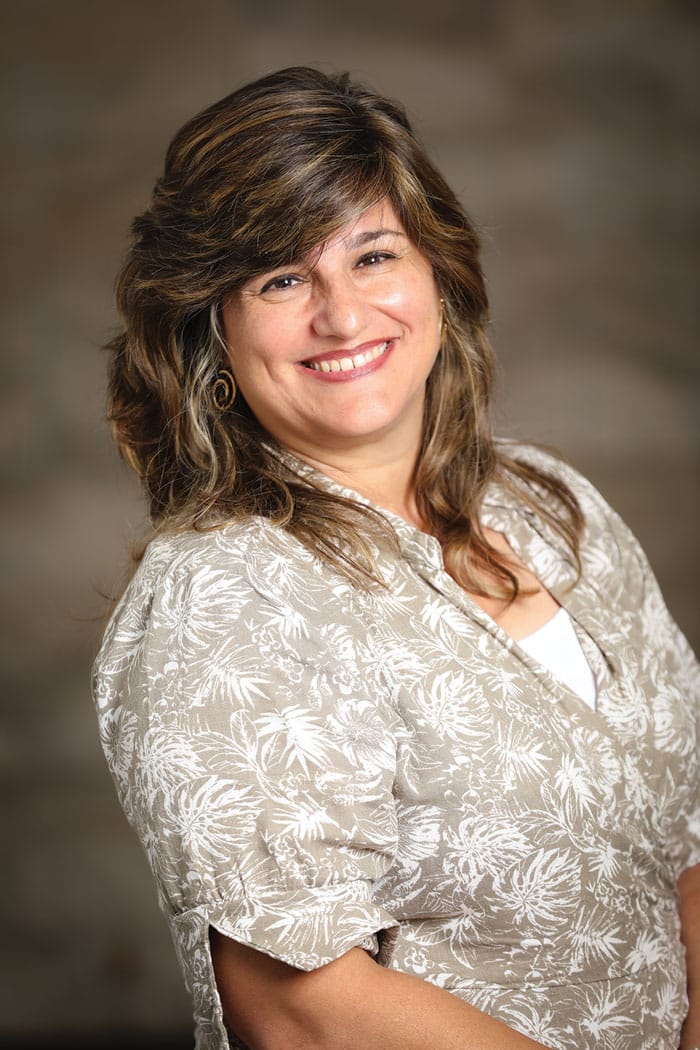
Courtesy of Yeshiva University
Filling a critical need for affordable, English-language mental health services in Israel, YU’s Wurzweiler School of Social Work partnered with Amudim Israel, an organization dedicated to serving community members at times of crisis, in opening the Jerusalem Therapy Center in late October.
The center is staffed by Wurzweiler graduate students, graduates and other mental health professionals who specialize in the treatment of anxiety, addiction and trauma. The center has multiple therapy rooms as well as a classroom to meet patient and student needs.
“Wurzweiler is unique in its ability to both educate the next generation of mental
health professionals and provide much needed and high-level services to our community in Israel,” YU Provost and Vice President of Academic Affairs Selma Botman said in a statement. “This is an exceptional opportunity to connect to YU’s larger mission of serving the needs of those living in Israel.”
The center will primarily serve the English-speaking immigrant community in Israel, including gap year students away from home for the first time and new olim adjusting to life in an unfamiliar country. Typically, gap year students are not covered for mental health counseling by the tourist or temporary health insurance, and the center will provide vital, affordable, quality mental health care to this vital population, according to YU.
A recent mental health expo in Jerusalem, co-organized by the YU Wurzweiler School, drew more than 1,500 attendees. The success of the event was one of the catalysts for the establishment of the new center.
According to Nechama Munk, director of YU’s Wurzweiler School of Social Work Israel Program, good mental health services have never been more necessary. Studies show anxiety and depression on the rise since the start of the pandemic, and while COVID-19 did not necessarily create new mental health issues, it certainly exacerbated existing difficulties, she said.
“Our community is in real need of mental health services,” Munk said. “One of our basic values is to help those in need, and the Therapy Center will be here to offer relief and hope. Getting good, affordable treatment is challenging for all Israelis, and even more so when your mother tongue isn’t Hebrew.”









